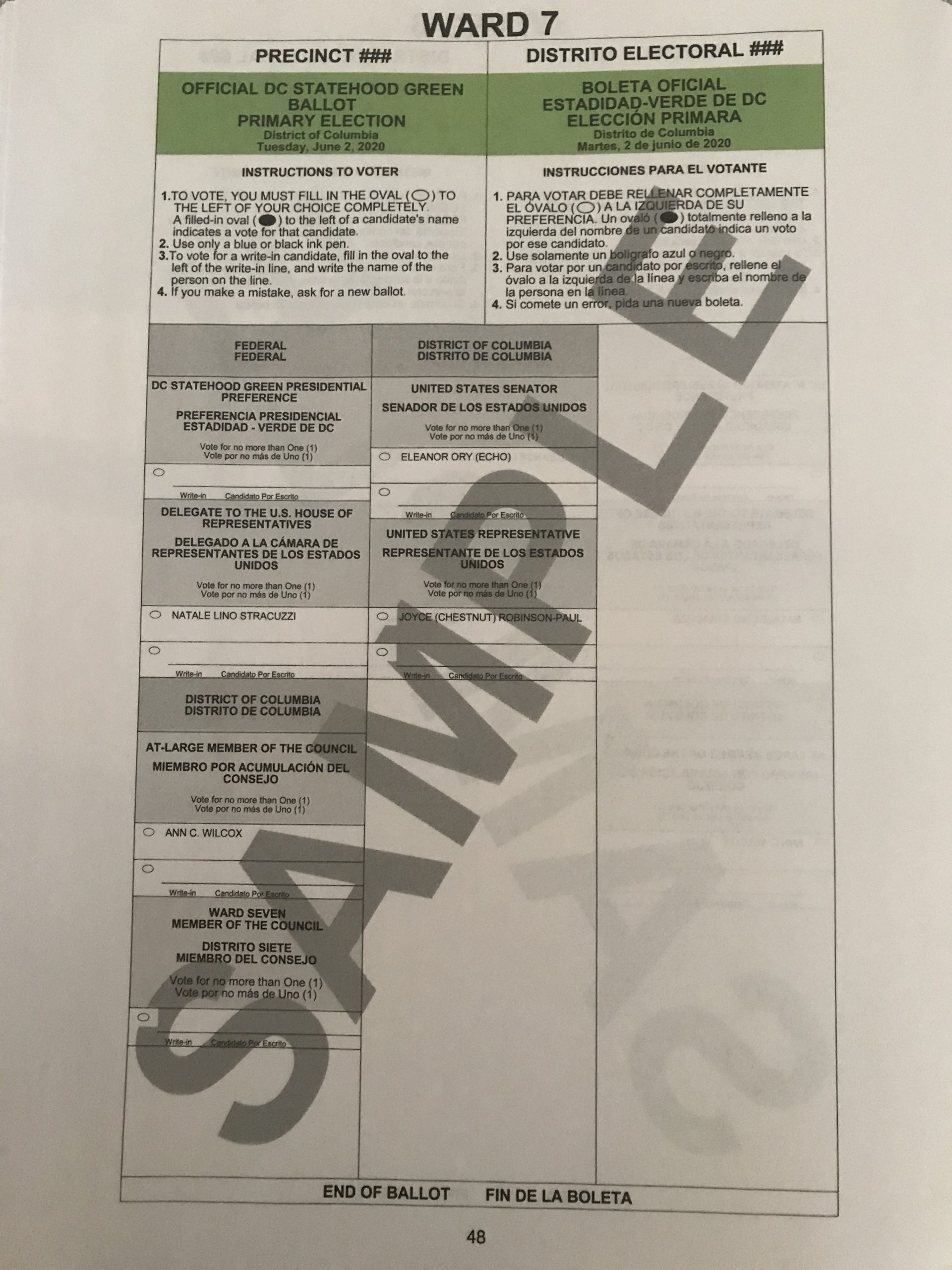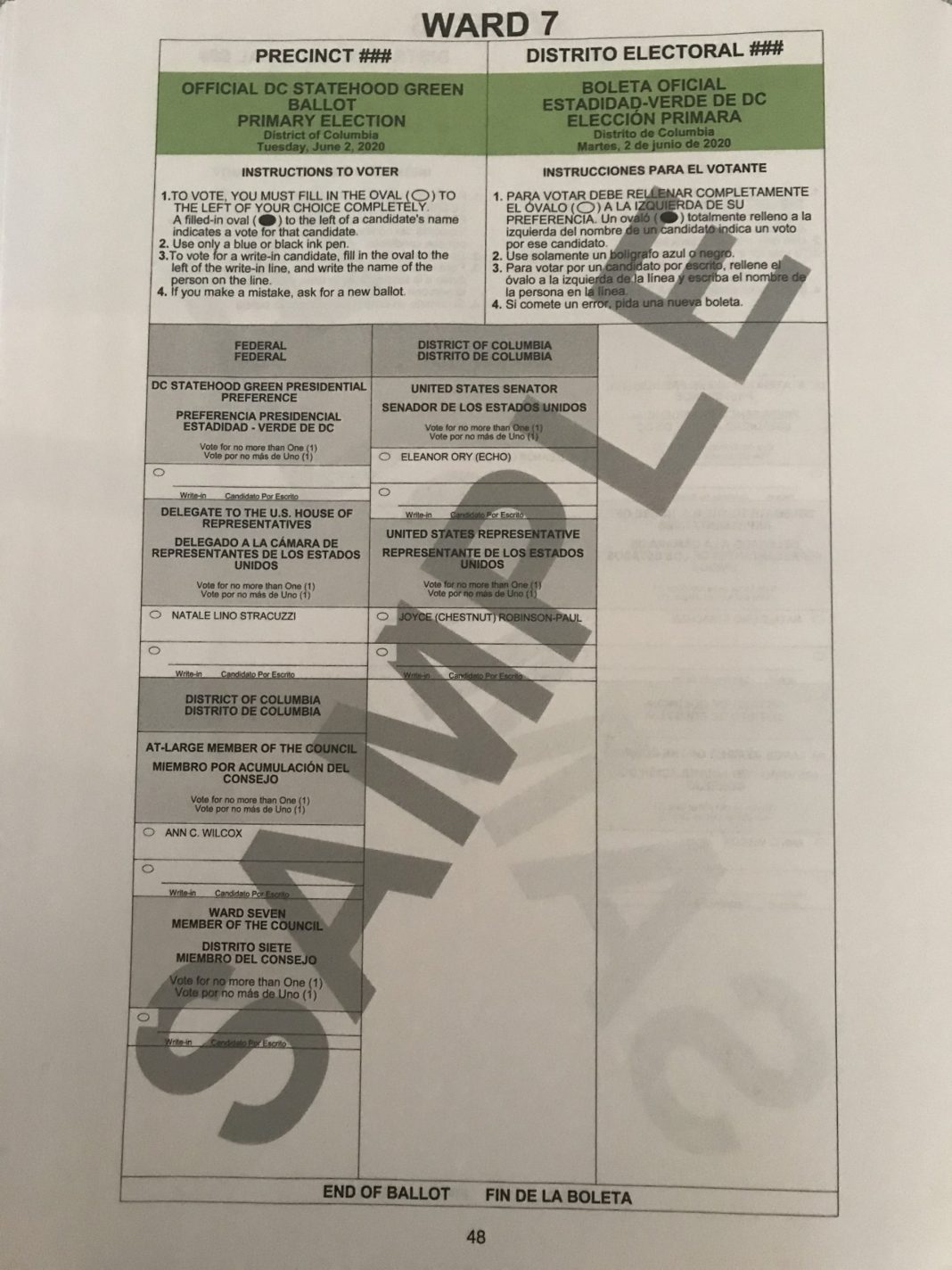 New Analysis Reveals How Swing State Election Laws Benefit Kamala Harris
New Analysis Reveals How Swing State Election Laws Benefit Kamala Harris
Introduction:
In recent years, swing states have become crucial battlegrounds in determining the outcome of presidential elections. These states, known for their unpredictable voting patterns, have seen a significant impact on the political landscape. One aspect that often goes unnoticed is how swing state election laws can influence the placement of candidates on Democratic ballots. This analysis sheds light on how these laws can be advantageous to candidates like Kamala Harris.
1. The Significance of Swing States in Elections:
Swing states play a pivotal role in determining the outcome of presidential elections. These states, including Ohio, Florida, and Pennsylvania, have a history of voting for both Democratic and Republican candidates. As a result, political campaigns invest significant time and resources in these states to sway voters in their favor.
2. Understanding Swing State Election Laws:
Swing state election laws vary from state to state and can have a direct impact on how candidates are placed on the ballot. These laws determine the requirements for a candidate to be eligible, including filing deadlines, signature requirements, and party affiliations. These factors can significantly influence a candidate’s ability to appear on the ballot.
3. Advantages for Kamala Harris:
Recent analysis has shown that swing state election laws have worked in favor of Kamala Harris. By understanding and complying with these laws, Harris successfully secured her place on Democratic ballots in crucial swing states. This strategic move has allowed her to gain a competitive edge over her opponents.
4. Filing Deadlines and Signature Requirements:
One key aspect of swing state election laws is the varying filing deadlines and signature requirements. These requirements determine when candidates must submit their paperwork and how many signatures they need to collect to qualify for the ballot. By carefully adhering to these deadlines and requirements, Harris was able to secure her spot on the Democratic ballot in swing states.
5. Strategic Party Affiliations:
Another advantage for Harris lies in her party affiliation. Swing state election laws often require candidates to declare a party affiliation to appear on the ballot. As a member of the Democratic Party, Harris has been able to leverage her party affiliation to solidify her position on the Democratic ballot in swing states.
6. The Influence of Swing State Election Laws:
The influence of swing state election laws cannot be underestimated. By understanding and strategically navigating these laws, candidates like Kamala Harris can increase their chances of appearing on the ballot in crucial swing states. This ultimately allows them to gain exposure and connect with voters who hold the key to winning the election.
Conclusion:
Swing state election laws play a significant role in shaping the political landscape, particularly during presidential elections. Understanding and complying with these laws can provide candidates like Kamala Harris with a competitive advantage by securing their place on the Democratic ballot. As the 2020 election approaches, it will be interesting to see how swing state election laws continue to shape the outcomes and narratives of future elections.


